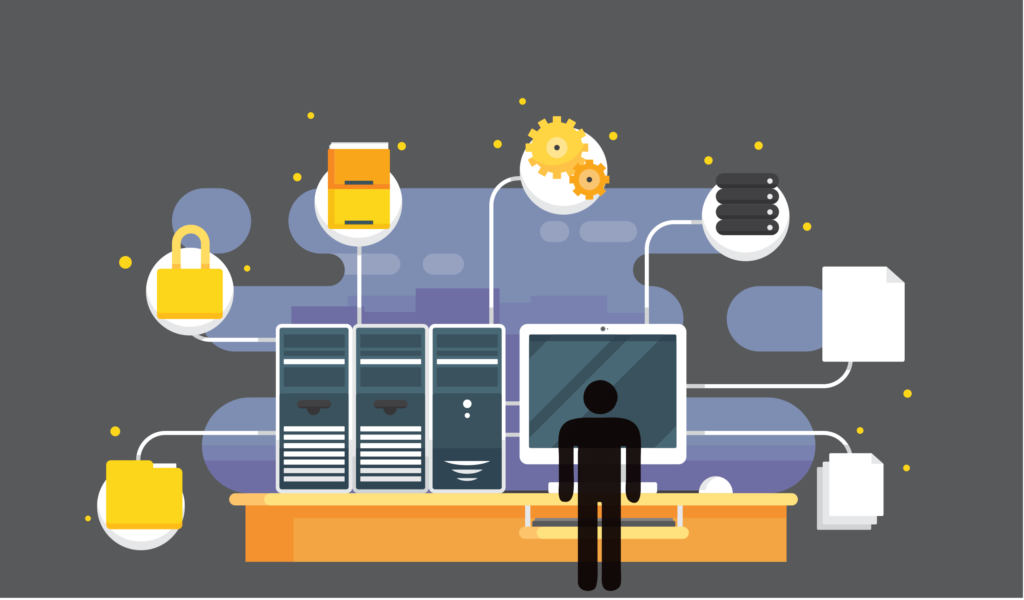Setting Infrastructure behind Open Source Technology
The digitalization of society is one of the most critical issues of our time. It is a process in constant growth, which makes us face great challenges but also offers enormous opportunities. Undoubtedly, one of the biggest benefits given by digital development is the possibility of sharing data, technology, ideas.
Besides uncountable profit-oriented companies, there is a large number of new Open Source Technology providers. The main idea of producing open source software and releasing it is to make it usable and, at best, useful across borders.
Open Source Objectives
Open Source Technology is an essential component of public interest technologies, as it is developed with complete transparency, processable by anyone and allowing end users to participate freely. That is defined as the production and development philosophy of allowing end users and developers to not only see the source code of software, but modify it as well. But to be the next Linux, there is more required than a programming genius having a great idea, since carrying out a sustainable open source project is much more than that. There is always a need for service and support. Exactly this is the mission and approach of the U.S.-based non-profit open collaboration Code for Science & Society (CS&S). They offer:
- Fiscal sponsorship combined with strategic project support.
- Services for projects that build management, leadership skills, and fundraising.
- Services for funders focused on assessing the sustainability of open source investments to maximize impact.
- Inclusive spaces for people to connect across domains and share knowledge.
- Supporting the development of diverse leaders.
CS&S is in charge of some very interesting projects. In addition, they organize community calls, which bring together different people and speakers to discuss their open technology projects and ideas.
Dat Project – A Data Sharing Protocol for Future Applications
One of the sponsored projects is the Dat Project – a data sharing peer-to-peer protocol for future applications. Largely funded by donations and grants, the dat://protocol is designed for archiving and distributing data. It enables data exchange and storage, without selling data to any advertisers, and is already used by researchers, analysts, libraries, and universities. The dat:// protocol is constantly being processed and developers are building applications on the protocol to browse peer-to-peer websites or editable offline maps.
In sum, the main advantage, achieved by Dat Project, is that it allows users to store data within their own control, far away from using large storage providers and their centralized servers. The dat:// protocol offers a solution to the challenge of data ownership, which has become an important issue for today’s digitalized communities.
